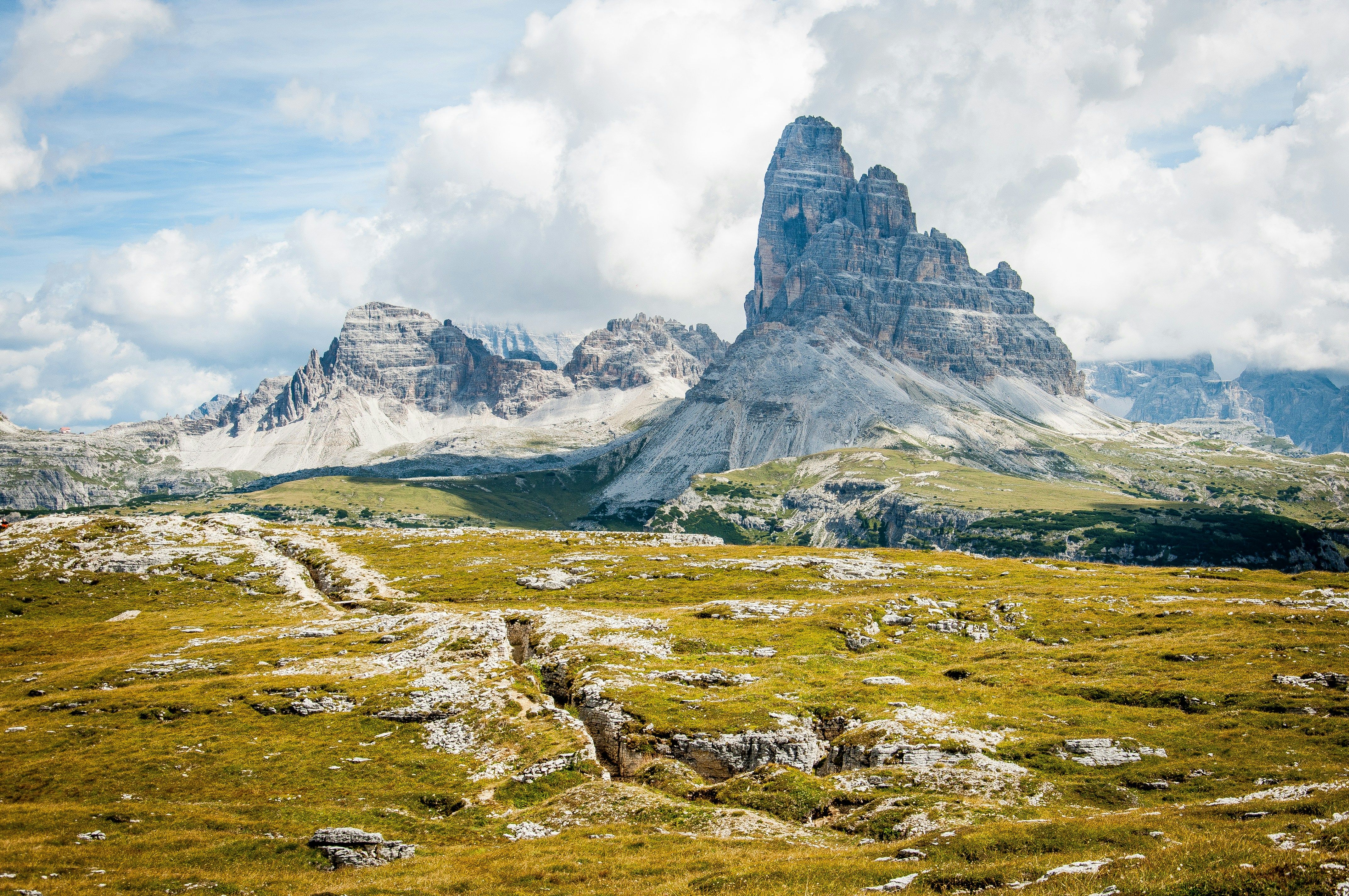Dispute over Doubling Bosphorus Sea Route in Istanbul Remains Political Controversy
Nestled west of Istanbul, the picturesque village of Sazlibosna, complete with an artificial dam, storks, and vast wheat and rapeseed fields, serves as a verdant haven. Despite signs clearly stating that "the area is a drinking water basin - no construction is allowed," towering cranes can be spotted a mere few hundred meters away. Scores of excavators are busily working on site, with the first concrete slabs having just been poured. One of the site managers, preferring anonymity, reveals that this is but the initial phase of a colossal construction project destined to become part of the grand Kanal Istanbul project. When the authorities eventually give their nod, a battalion of 4,000 workers will descend upon the site, ultimately building 24,000 homes.
The ongoing Kanal Istanbul project—a 45-kilometer artificial waterway aimed at alleviating Bosporus Strait traffic—sparks heated debate due to ambiguous government signals and political tensions. As of May 2025, conflict between the Istanbul municipality and the Turkish government intensifies around the proposed venture. Following the March 19 arrest of Istanbul Mayor Ekrem Imamoglu, an outspoken opponent of the project, the megacity’s titanic and divisive construction endeavor has emerged as a focal point of frustration.
Imamoglu has long spoken out against the project, claiming that his detention on allegedly politically motivated corruption charges was partially due to his opposition. With video messages packed with disdain, the imprisoned mayor continues to voice his objections, prompting accusations of political targeting.
Environment Minister Murat Kurum has expressed that the project is "not on our agenda today," while Transport Minister Abdulkadir Uraloğlu maintains that financing and construction remain priorities, earmarking an estimated $15-$20 billion for the venture. Officially launched in June 2021, preparatory work appears to have halted, but conflicting statements from ministers may indicate internal disagreements regarding the project's timing.
Aside from political discord, the canal project faces significant environmental and urban risks. Critics argue that it could disrupt ecosystems, strain water resources, and raise earthquake vulnerability. A recent survey conducted by the Istanbul Planning Agency found that an staggering 77.2% of residents oppose the project.
The fierce opposition has also ignited a polemic regarding housing developments in the area. Imamoglu claimed that 24,000 housing units near the canal site were being constructed in relation to the project, but the government insists these are social housing initiatives for low-income inhabitants.
Reports of President Erdogan’s site visit have revived discussions, while conflicting remarks from ministers highlight internal divisions within the AK Party. The opposition utilizes public discontent, framing the project as financially irresponsible and autocratic, to their advantage ahead of future elections.
In the face of mounting financial and political challenges, Erdogan’s government wages a delicate balancing act, weighing economic aspirations against escalating public and institutional backlash.
- The controversial Kanal Istanbul project, a 45-kilometer artificial waterway near Istanbul, has reignited political tensions due to its dubious government signals.
- The initial phase of the Kanal Istanbul project, located in the verdant village of Sazlibosna, is already underway, despite clear restrictions against construction.
- The site manager of the Kanal Istanbul project, wishing to remain anonymous, announced that a battalion of 4,000 workers will eventually build 24,000 homes as part of the endeavor.
- As per the latest general news, President Erdogan's site visit has sparked renewed discussions about the Kanal Istanbul project, with heating debates around its environmental, urban, and financial consequences.










